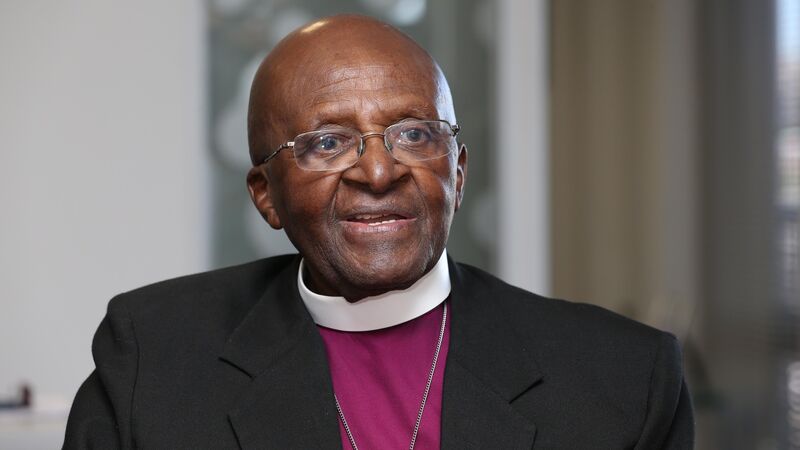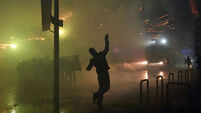'Champion of universal human rights' Desmond Tutu dies aged 90

Desmond Tutu, the cleric and social activist who was giant of the struggle against apartheid in South Africa, has died aged 90.
Desmond Tutu, the Nobel Peace Prize-winning activist for racial justice and LGBT rights, has died aged 90.
Announcing the death, South African President Cyril Ramaphosa said it was “another chapter of bereavement in our nation’s farewell to a generation of outstanding South Africans who have bequeathed us a liberated South Africa”.











